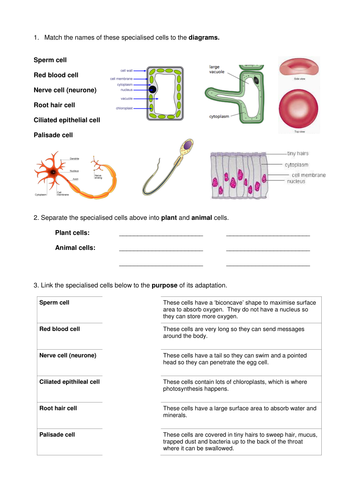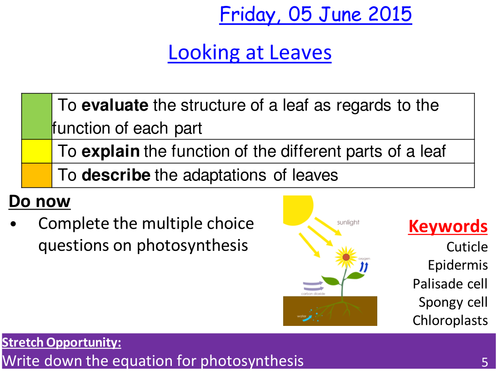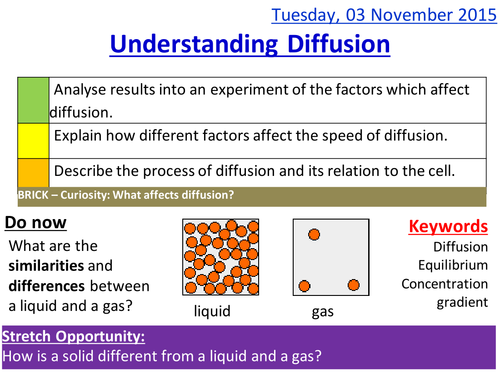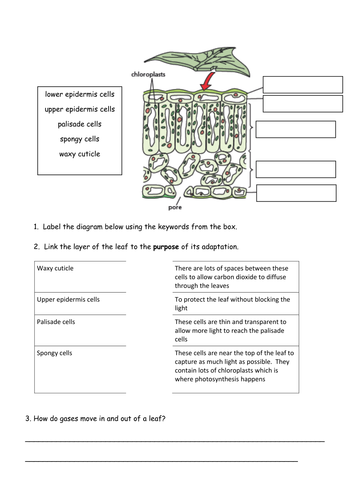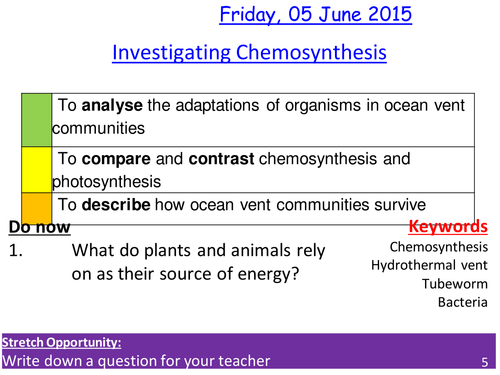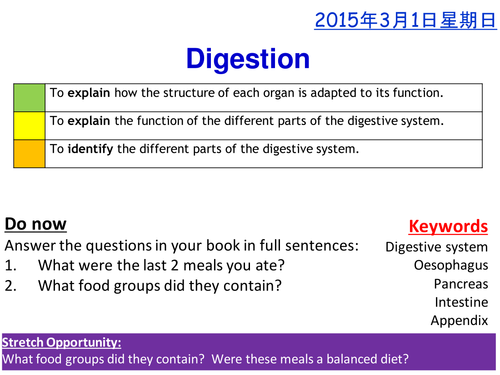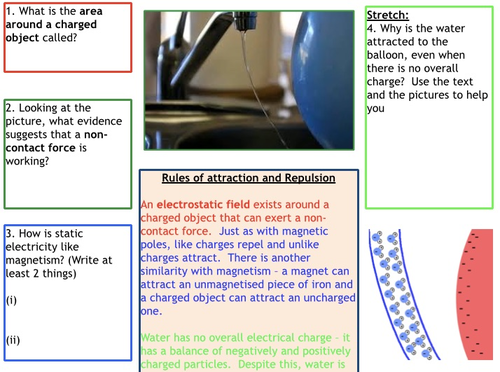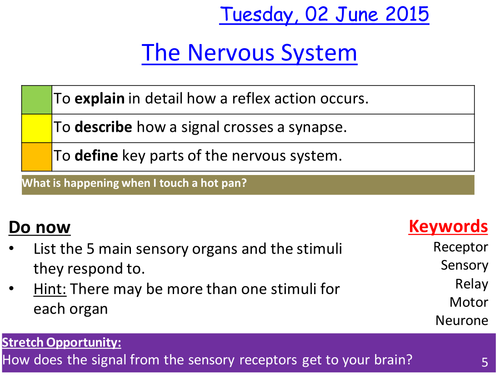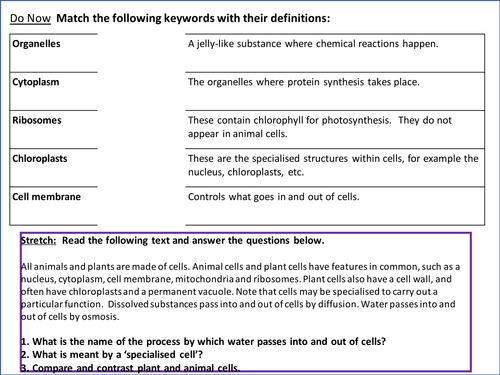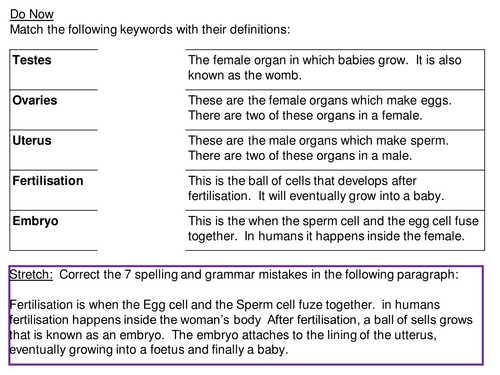Alexpce's Shop
I am a TES recommended author and a UK Science teacher with a Chemistry specialism. You'll find various KS3 and KS4 Science resources here (Biology, Physics and Chemistry) as well as some A level Chemistry stuff. I try to make my lessons visually appealing, with clear diagrams and text and a variety of different tasks. If you have any suggestions of resources you'd like to see uploaded, I'd be happy to hear from you.


